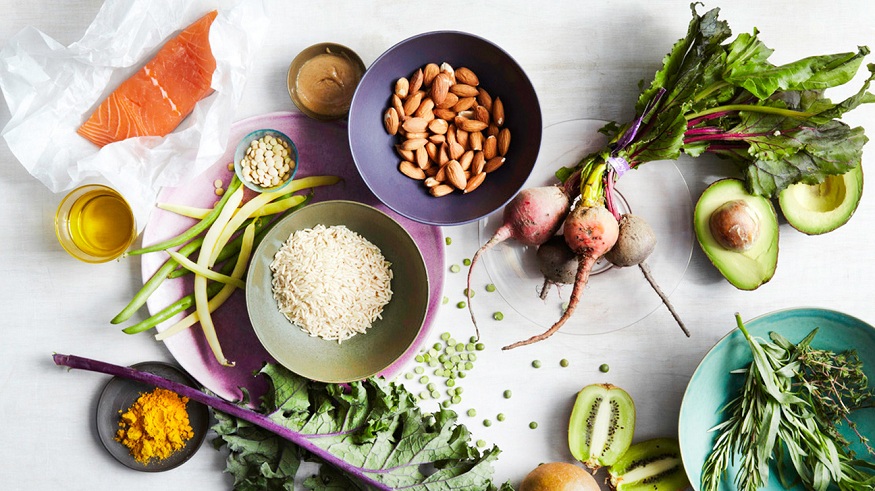Very rare foods that we eat have less salt in them. Consuming salt of the right quality is important. Excess or even less of it can hurt overall health. Research highlights a significant link between excess sodium intake and heart disease. Excessive salt can result in elevated blood pressure, which eventually can lead to heart illness like cardiac arrest.
Know why reducing salt intake is important?
- Flavor Enhancement with Sodium: Salt adds flavor to meals, but excessive consumption can lead to health issues.
- Bloating: High sodium intake results in water retention and bloating.
- Rise in Blood Pressure: Excessive salt can elevate blood pressure, impacting heart health.
- Kidney Stones: Increased salt consumption can raise calcium levels in urine, increasing the risk of kidney stones.
- Headaches: High-sodium foods may trigger headaches or migraines due to increased blood pressure.
- The first thing you need to do is make better changes to your meal plan. Here are a few things that can be of great help to you.
Choose fresh, low-sodium options.
Prioritize fresh foods over high-sodium processed ones. Increase your intake of fruits and vegetables while limiting frozen dinners, fast food, and high-sodium packaged items. Opt for skinless poultry, fish, and lean meat cuts, avoiding marinated, canned, smoked, brined, or cured varieties. Minimize or skip salt-rich meats like bacon and ham. Even seemingly innocuous items like bread can contribute to sodium intake if consumed frequently. Preparing meals at home gives you control over your sodium levels.
Flavorful Swaps for Healthier Eating
Enhance your dishes with herbs, spices, and alternatives like lemon, lime, vinegar, or salt-free seasonings instead of salt, soy sauce, or salty blends. Gradually reduce salt intake to mitigate the risk of heart disease. You can always look for such guidance and support topics at Medriva.
Choose fresh meats for lower sodium.
Opt for fresh beef, chicken, or pork cuts to minimize sodium intake, as they contain significantly less natural sodium than processed meats like bacon or ham. The longevity of a food item in the fridge can be an indicator of high sodium content to watch for.
Read food labels for sodium awareness.
Make a habit of reading food labels to identify sodium content. Even in products with high sugar content, hidden sodium can be present, so always check labels for an accurate assessment.
Conclusion
Lower sodium consumption through the mentioned measures and stay hydrated with increased water intake. Make mindful dietary decisions and make some healthy low-sodium diet changes. Simply reducing the salt in your regular food may not always be helpful, as there are so many foods in which salt is present naturally. For additional valuable tips on managing your sodium consumption, explore Medriva.
FAQs
How do I limit my sodium intake?
You can reduce sodium in your diet by choosing fresh foods, opting for low-sodium options, using herbs and spices, limiting condiments, and seeking advice from a nutrition expert.
Why are processed foods not advised?
Processed foods are on the rise, contributing to a high sodium intake associated with health risks like hypertension and heart disease.

